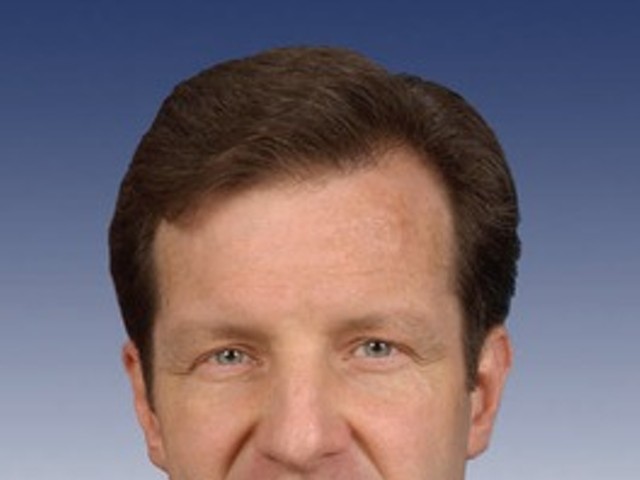In a letter to Schwartz's lawyers, Webster defended its actions. In that missive, university officials rebutted Schwartz's assertions, claiming the student was offered one-on-one counseling sessions through the first two months of the year. In addition, the officials claimed that Schwartz was given fair warning that he was in jeopardy of flunking out of the program if he failed the practicum.
Socially, Schwartz might come across as a bit awkward. He fidgets a lot. He seems to have a speech impediment that makes him difficult to understand. Perhaps he'll never have the polish associated with counselors, and that might have been a reason Henning threw up a red flag.
Regardless, Schwartz's lawyers contend that empathy is too subjective a quality to use as a means for dismissal. And, for their part, experts counter that empathy is a micro-skill that can be observed and honed. They also say that the counseling discipline is a soft science that gives professors leeway to judge their students on several subjective measures, including empathy.
"I don't know if [a student's termination] can be based on one simple thing like a lack of empathy, but professors do have to look at the developmental level of each student to determine their ability to successfully form interpersonal skills," says Carol Bobby, president of the Counseling and Accreditation of Counseling and Related Educational Programs.
Bobby says students can be dropped from counseling programs for lacking those skills, but in such cases, they're usually given the chance to go through remediation programs. If they still fail, says Bobby, "faculty members should help facilitate the student's transition out of the program to a more appropriate field of study."
Webster officials declined to comment on this article, and Henning didn't return phone calls.
Schwartz also suggests that spite may have played a role in his heave-ho. Midway through his practicum, he made the determination that his instructor -- whom he claims is romantically involved with Henning -- was not doing an adequate job as a teacher. He reacted by writing an anonymous complaint letter to Webster's president and dean of the College of Arts and Sciences. It didn't take long for all parties to figure out he was the author, Schwartz reasons.
He still defends the letter. "I couldn't go to [Henning] with my complaints because I feared the very retribution I seemed to have received," he reasons. "I'd like to give her the benefit of the doubt that she removed me for academic reasons, but I do have to wonder."
Schwartz isn't sure what will come of his future. He doesn't see himself applying to other counseling programs or fulfilling the rest of his coursework online. And he certainly has no intentions of reapplying to Webster.
"When I read that I could reapply, I was incredulous," he says. "Do they think that magical empathy dust could be sprinkled on my head?"





